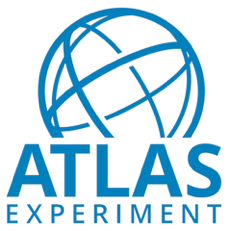This page cannot be found (Error 404)
It may have moved following a re-organisation of the ATLAS software documentation. Please navigate to the front page to re-locate your link.
If you reached this page from an external site please report the broken link as an issue
